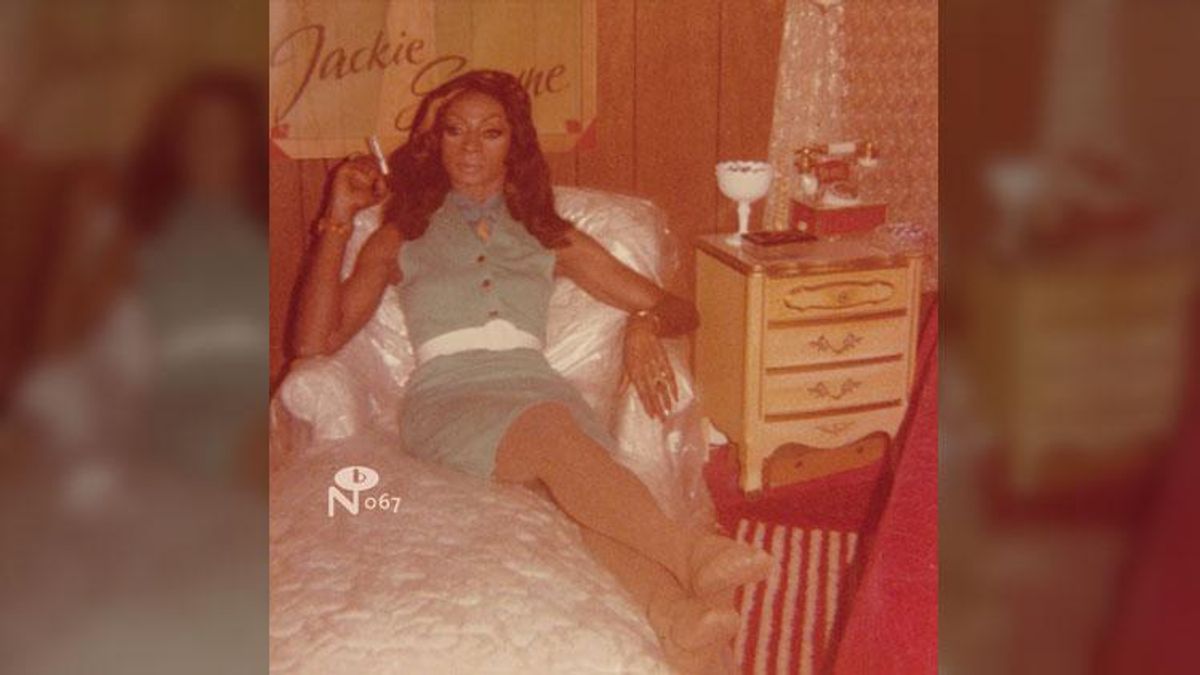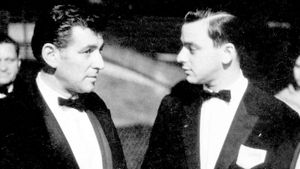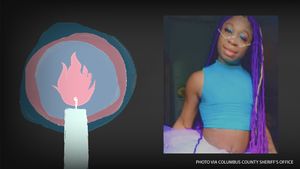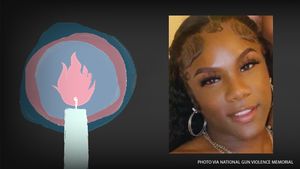Soul singer Jackie Shane, a Black trans woman who found musical success decades before the so-called "trans tipping point," has died. She was 78.
The Associated Press confirmed the news with Numero Group, the record label that produced Shane's Grammy-winning 2017 retrospective album that elevated her legacy out of obscurity. The cause and exact date of her death are unknown.
Born in Nashville in 1940, Shane began her career touring the chitlin circuit -- a loosely connected network of venues in the eastern, southern, and midwestern United States where Black entertainers could find success under Jim Crow -- performing with artists like Little Richard, who, according to One from the Vaults, is said to have mentored her.
Shane moved to Canada in her early twenties, finding success and community in Toronto's Yonge Street music scene. In 1963, her rendition of American soul singer William Bell's "Any Other Way" became a local radio hit in her adopted hometown, hitting no. 2 on the CHUM Chart. In Shane's version of the song, the lyrics about being gay and happy take on new meaning -- a cheeky double entendre made all the more powerful in context, considering Canada didn't decriminalize homosexuality until 1969.
"Tell her that I'm happy," Shane sings. "Tell her that I'm gay / Tell her I wouldn't have it / Any other way."
Joy and self-determination seem to have been vital to Shane's life and work. "Do what you want, just know what you're doing," she can be heard telling the audience in a live recording of "Money (That's What I Want)" found on 2017 compilation album Any Other Way. "That's how I live my life, and that's why I'm so happy all the time."
As Shane's local success began to ripple out internationally, the record deal offers started pouring in. Motown and Atlantic both tried to sign her, Pitchforksays, but Shane turned them both down. "They tried to talk to me," Shane toldThe Guardian in 2017. "But I had been schooled about [Motown founder] Berry Gordy taking the entertainers' money. I wasn't going to get involved in that." She had so little trust for record labels that she never recorded a studio album, which left her legacy in jeopardy after she abruptly stopped performing in 1971.
After years as a "minor cult heroine among soul music aficionados," per The New York Times, a 2011 CBC radio documentary titled I Got Mine: The Story of Jackie Shane revived public interest the singer. Six years later, Numero Group released a compilation of 45s and live recordings called Any Other Way -- the first-ever collection of Shane's music to be made with her blessing. The compilation received a Grammy nomination for Best Historical Album, losing to Voices of Mississippi: Artists and Musicians Documented by William Ferris.
"Jackie didn't do what she did for anyone's else's approval," said Douglas Mcgowan, Shane's A&R representative, in a statement to Pitchfork. "She lived entirely on her own terms. She taught me so many things about self-respect and grace under difficult circumstances. She was hilarious and she was wise. She saw dimensions to things others could not. I believe that she was a visionary who will never be forgotten, and will be recognized by more and more people as one of the greatest soul singers of all time."
"I'll never know anyone else like Jackie," he added.
RELATED | Stream Any Other Way from Pioneering Soul Singer Jackie Shane
























































































